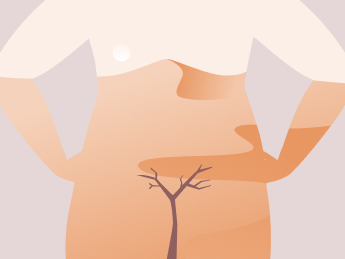Vaginal dryness is a common condition that many women experience at some point in their lives. It occurs when the vaginal walls lack proper lubrication, leading to discomfort, pain during intercourse, and even increased susceptibility to infections. In this article, we will explore the causes of vaginal dryness and discuss effective votive vaginal treatment options for overcoming this issue.

- Causes of Vaginal Dryness:
Vaginal dryness can have various causes, including hormonal changes, certain medications, and underlying health conditions. Menopause is one of the most common factors, as estrogen levels decline and affect the vaginal tissue. Other contributors to vaginal dryness can include breastfeeding, chemotherapy, certain medications like antihistamines or antidepressants, and douching.
- Treating Vaginal Dryness:
- a) Lifestyle Changes:
– Staying hydrated: Drinking plenty of water can help maintain overall bodily hydration, including the vaginal tissues.
– Avoiding irritants: Douching, scented soaps, and products containing harsh chemicals can exacerbate vaginal dryness, so it’s best to avoid them.
– Regular sexual activity: Engaging in sexual activity, including self-stimulation, can help increase blood flow to the vaginal area, promoting natural lubrication.
- b) Over-the-counter Lubricants and Moisturizers:
– Water-based lubricants: These products provide temporary relief by reducing friction during sexual activity. They are easily available over-the-counter and can be used as needed.
– Vaginal moisturizers: These products are designed to be applied regularly to provide long-lasting relief from vaginal dryness. They often contain ingredients that mimic the body’s natural moisture and can be used even if sexual activity is not anticipated.
- c) Prescription Treatments:
– Hormone replacement therapy (HRT): For women experiencing severe vaginal dryness due to menopause, HRT can be highly effective. It involves replacing the declining estrogen levels with hormones administered orally, through patches, or creams.
– Local estrogen therapy: This treatment involves the direct application of estrogen to the vaginal tissues. It is available in various forms, such as creams, rings, or tablets, and can effectively relieve vaginal dryness with minimal systemic absorption.
- d) Alternative and Complementary Approaches:
– Phytoestrogens: Certain plant-based compounds, such as isoflavones found in soy, may have estrogen-like effects in the body. While their effectiveness in treating vaginal dryness is still being studied, some wome
